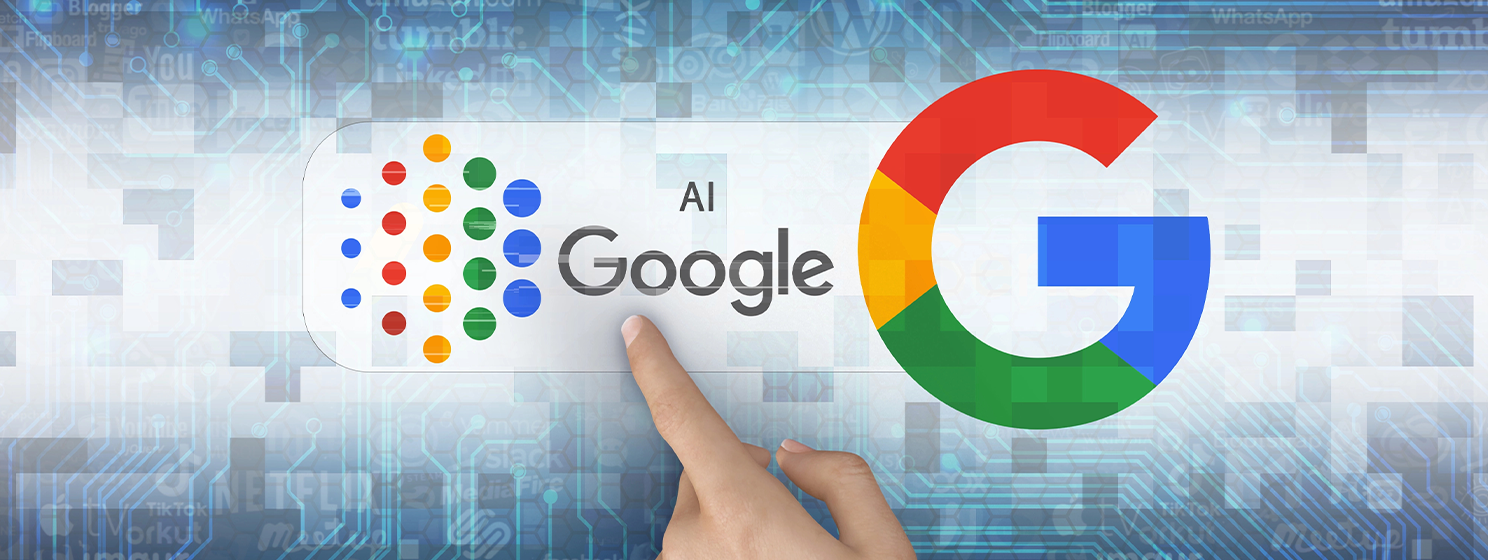|
Getting your Trinity Audio player ready...
|
Google (NASDAQ: GOOGL) announced the Agent Payments Protocol (AP2), an open framework developed in collaboration with over 60 leading payments and technology companies that supports artificial intelligence (AI) agents to transact securely on behalf of users, including for payments in stablecoins and other digital assets.
AI agents are programs capable of performing various tasks for users, such as browsing the Internet or helping enterprises compare potential product providers. However, despite being technically able to do so, they generally stop short of going through with a purchase or transaction, requiring a user or human to give final approval manually, for example, by clicking a ‘pay’ button.
According to Google, the ability of AI agents to complete transactions without the need for a user’s interaction at all creates the need to establish a common foundation to securely authenticate, validate, and convey an agent’s authority to transact. This is the purpose of AP2—to act automatically under predefined conditions and ensure transactions remain secure and auditable without the user present.
“While today’s payment systems generally assume a human is directly clicking ‘buy’ on a trusted surface, the rise of autonomous agents and their ability to initiate a payment breaks this fundamental assumption and raises critical questions that AP2 helps to address,” said Google. “It [AP2] establishes the core building blocks for secure transactions, creating clear opportunities for the industry—including networks, issuers, merchants, technology providers, and end users—to innovate on adjacent areas like seamless agent authorization and decentralized identity.”
The three key questions that AP2 addresses relate to ‘authorization,’ i.e., proving that a user gave an agent the specific authority to make a particular purchase; ‘authenticity,’ through enabling a merchant to be sure that an agent’s request accurately reflects the user’s true intent; and determining ‘accountability,’ if a fraudulent or incorrect transaction occurs.
“AP2 builds trust by using Mandates—tamper-proof, cryptographically-signed digital contracts that serve as verifiable proof of a user’s instructions. These mandates are signed by verifiable credentials (VCs) and act as the foundational evidence for every transaction.”
Essentially, AP2 is an open, shared protocol that provides a common language for secure, compliant transactions between agents and merchants, to prevent a “fragmented ecosystem.”
Amongst the long list of major players in the payment space that collaborated with Google on AP2 are American Express (NASDAQ: AXP), Coinbase (NASDAQ: COIN), Etsy (NASDAQ: ETSY), Forter, Intuit (NASDAQ: INTU), JCB, Mastercard (NASDAQ: MA), PayPal (NASDAQ: PYPL), Revolut, Salesforce (NASDAQ: CRM), ServiceNow (NASDAQ: NOW), UnionPay International, and Worldpay.
“With the rise of AI-driven commerce, trust and accountability are more important than ever,” said Luke Gebb, executive vice president of American Express’s Amex Digital Labs. “American Express is excited to contribute to the creation of AP2 as a protocol intended to protect customers and enable participation in the next generation of digital payments.”
AI agents paying with digital assets
According to Google, AP2 also establishes a “payment-agnostic framework” for users, merchants, and payment providers to transact with confidence across all types of payment methods, from credit and debit cards to stablecoins and digital assets.
“AP2 is designed as a universal protocol, providing security and trust for a variety of payments like stablecoins and cryptocurrencies,” said Google.The tech giant added that, in order to accelerate support for the Web3 ecosystem, it had extended the core constructs of AP2 and launched the A2A x402 extension, a solution for agent-based digital asset payments. This was done in collaboration with Coinbase, Ethereum Foundation (NASDAQ: ETH), MetaMask, and other leading digital asset firms.
“x402 and AP2 show that agent-to-agent payments aren’t just an experiment anymore, they’re becoming part of how developers actually build,” said Erik Reppel, Head of Engineering at Coinbase Developer Platform. “Bringing x402 into AP2 to power stablecoin payments made sense – it’s a natural playground for agents to start transacting with each other and testing out crypto rails.”
This sentiment was echoed by Marco De Rossi, AI Lead at MetaMask, another collaborator on the AP2 protocol.
“Blockchains are the natural payment layer for agents, and Ethereum will be the backbone of this,” said De Rossi. “With Agent Payments Protocol (AP2) and x402, MetaMask will deliver maximum interoperability for developers and will enable users to pay agents with full composability and choice—while retaining the security and control of true self-custody.”
Google emphasized that the AP2 protocol is not set in stone, and that the company was committed to evolving it in an open, collaborative process, including through standards bodies.
With this in mind, the tech giant also announced a new GitHub repository, in which collaborators and users can review the complete technical specification, documentation, and reference implementations. The repository will be updated regularly with additional reference implementations from Google, as well as innovations from the community.
In order for artificial intelligence (AI) to work right within the law and thrive in the face of growing challenges, it needs to integrate an enterprise blockchain system that ensures data input quality and ownership—allowing it to keep data safe while also guaranteeing the immutability of data. Check out CoinGeek’s coverage on this emerging tech to learn more why Enterprise blockchain will be the backbone of AI.
Watch: Demonstrating the potential of blockchain’s fusion with AI

 09-22-2025
09-22-2025 





